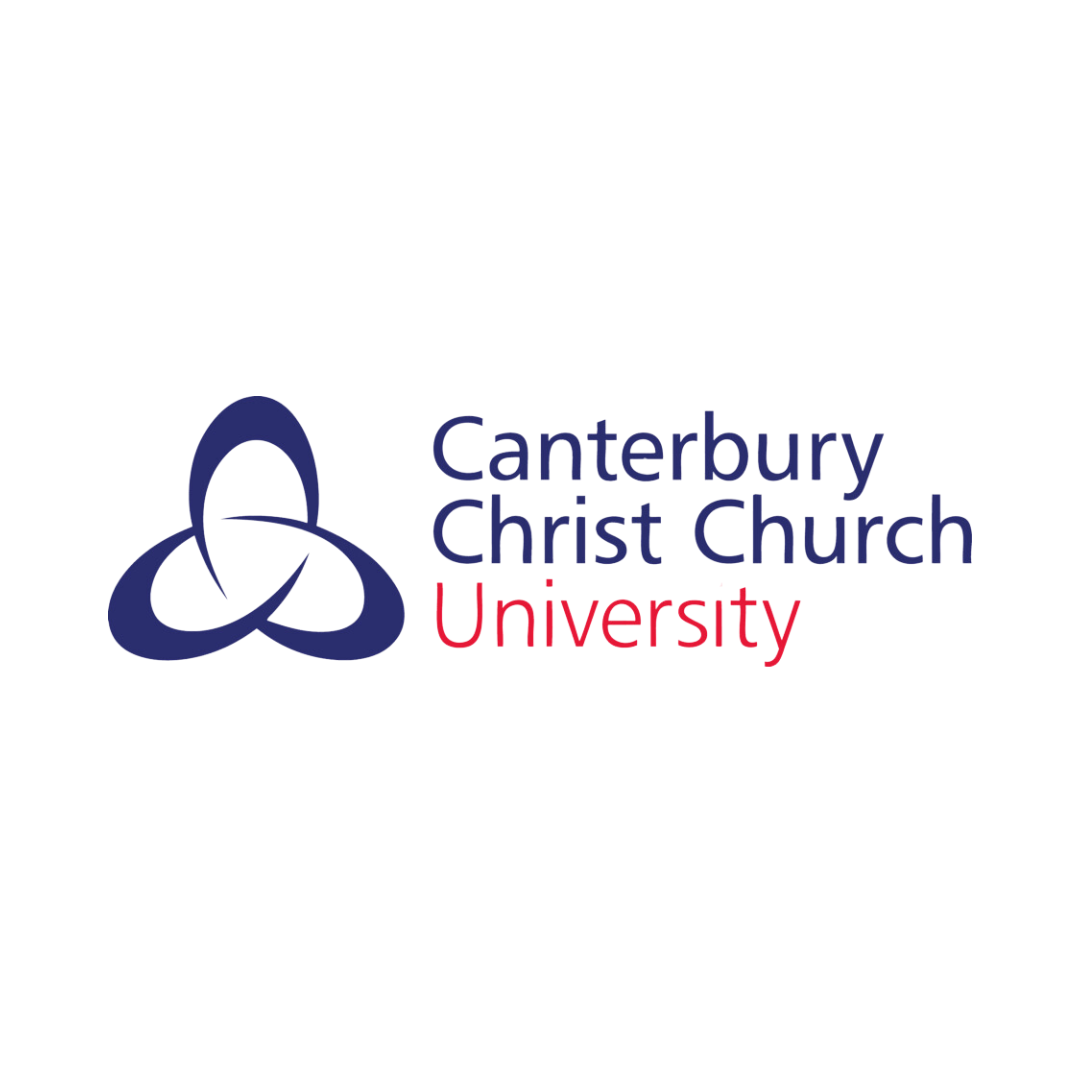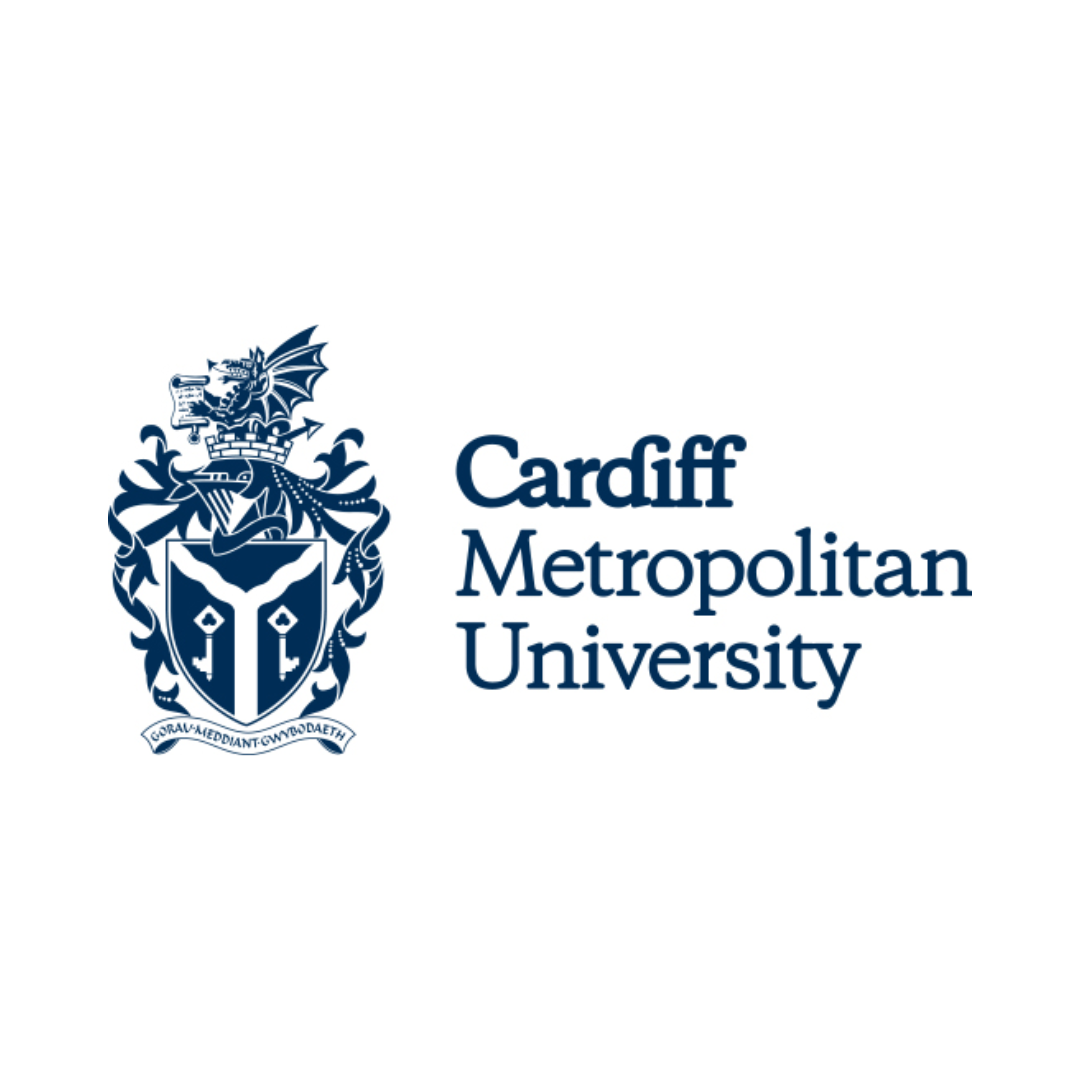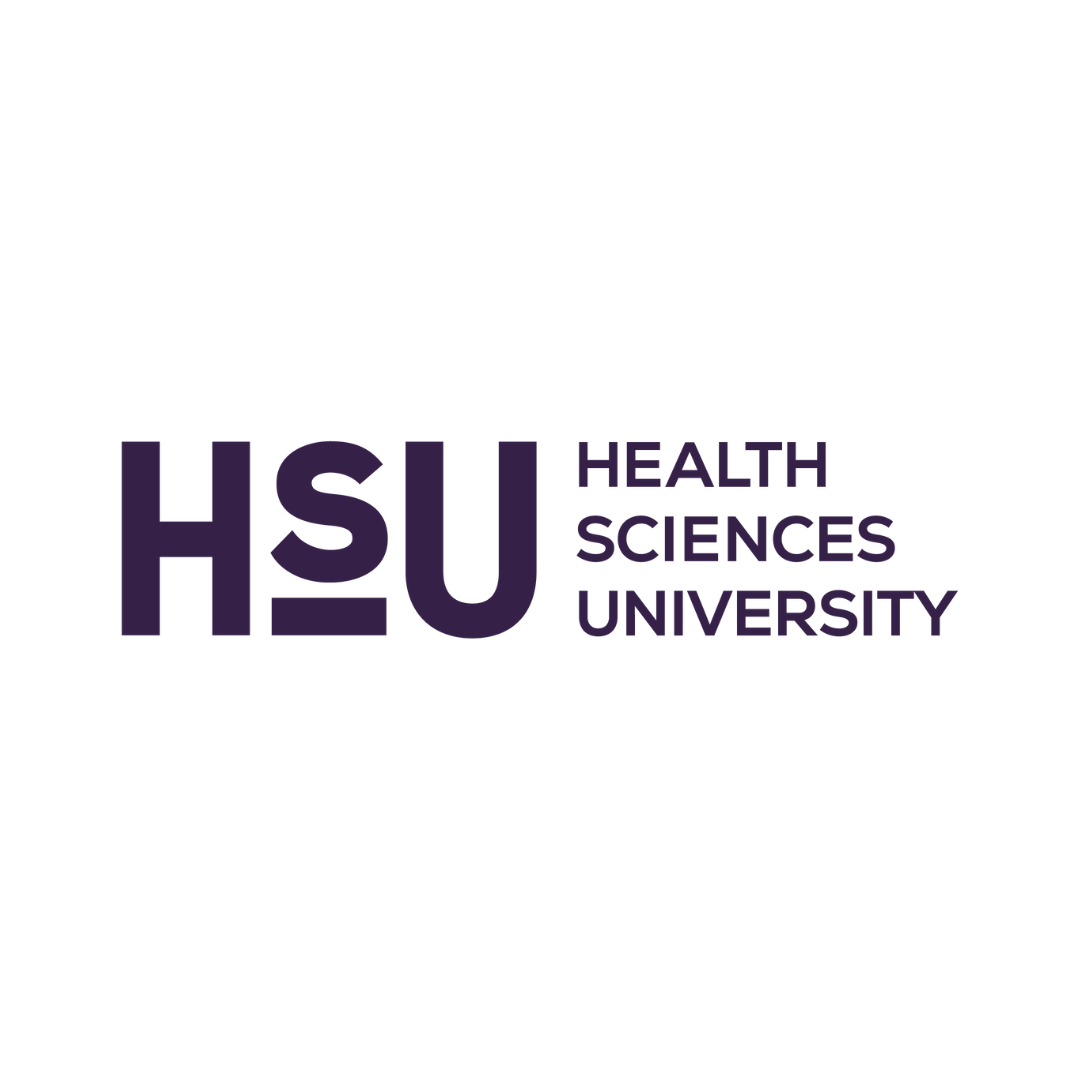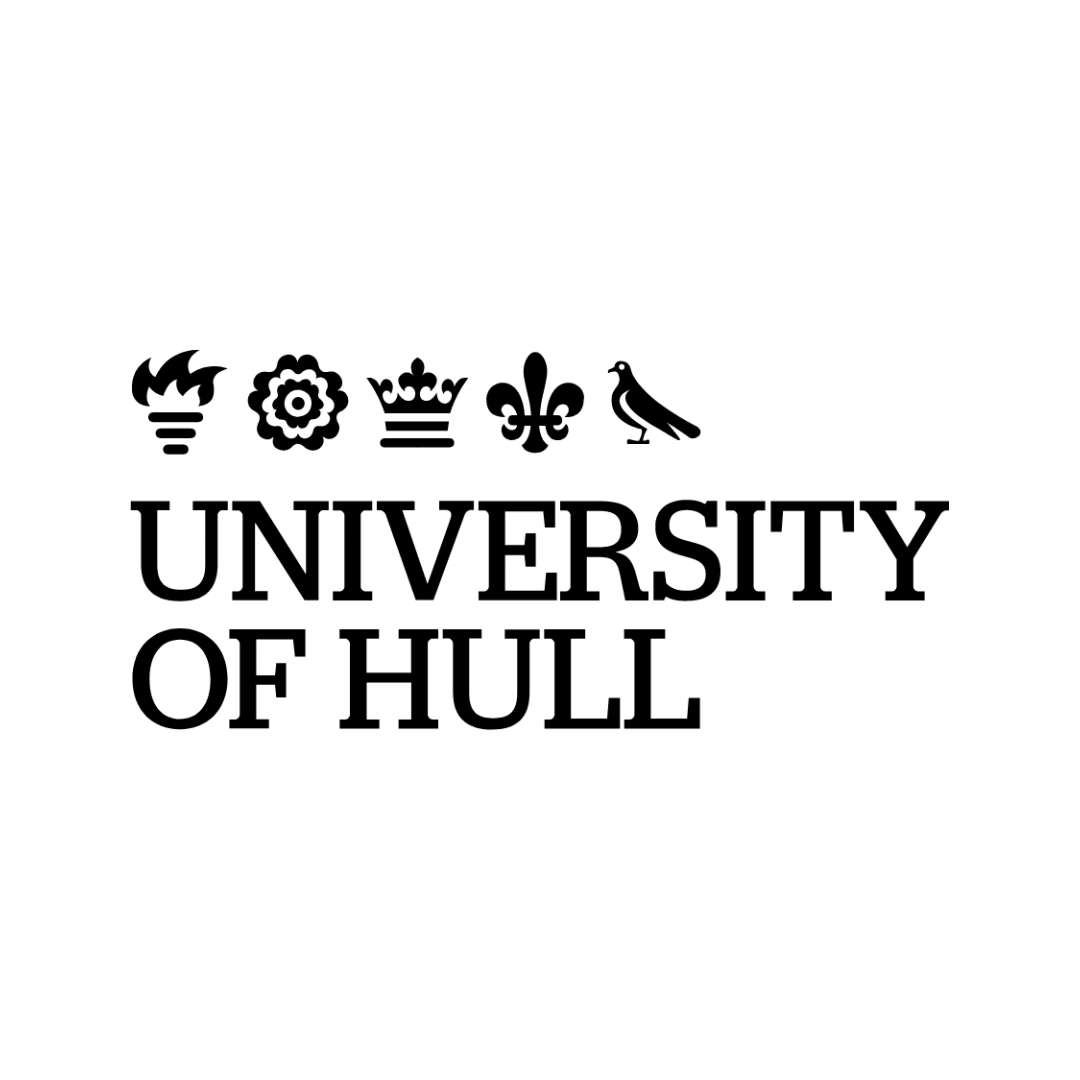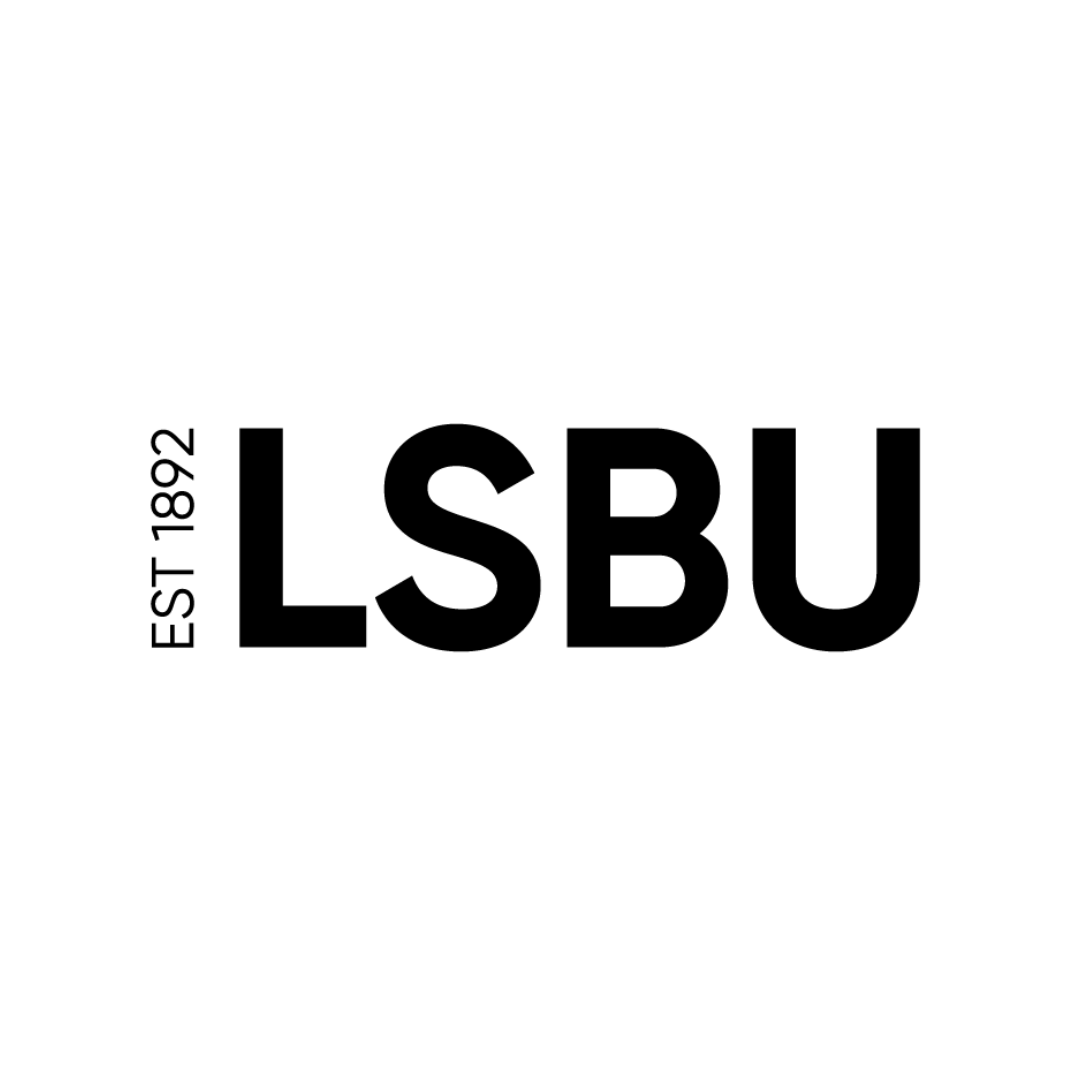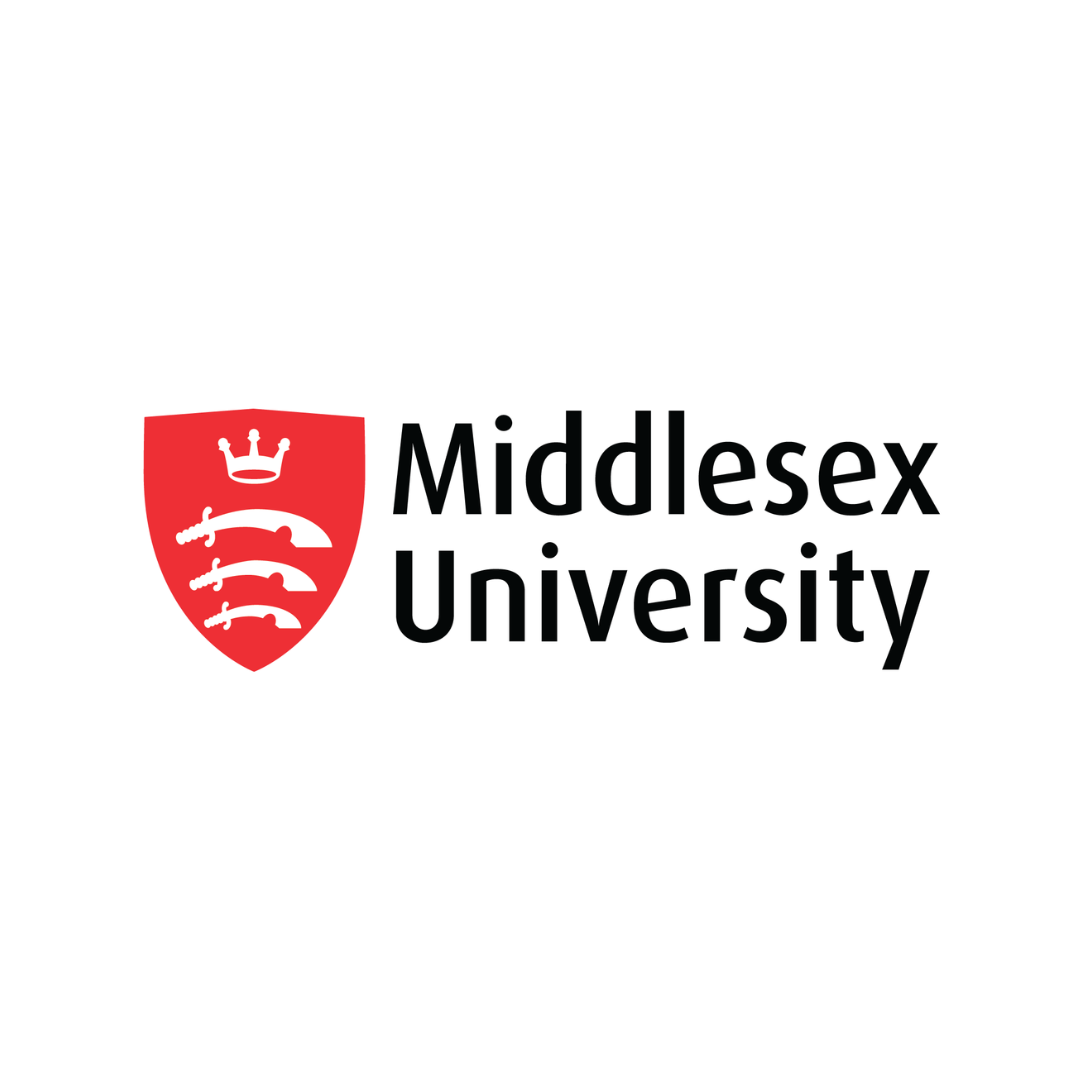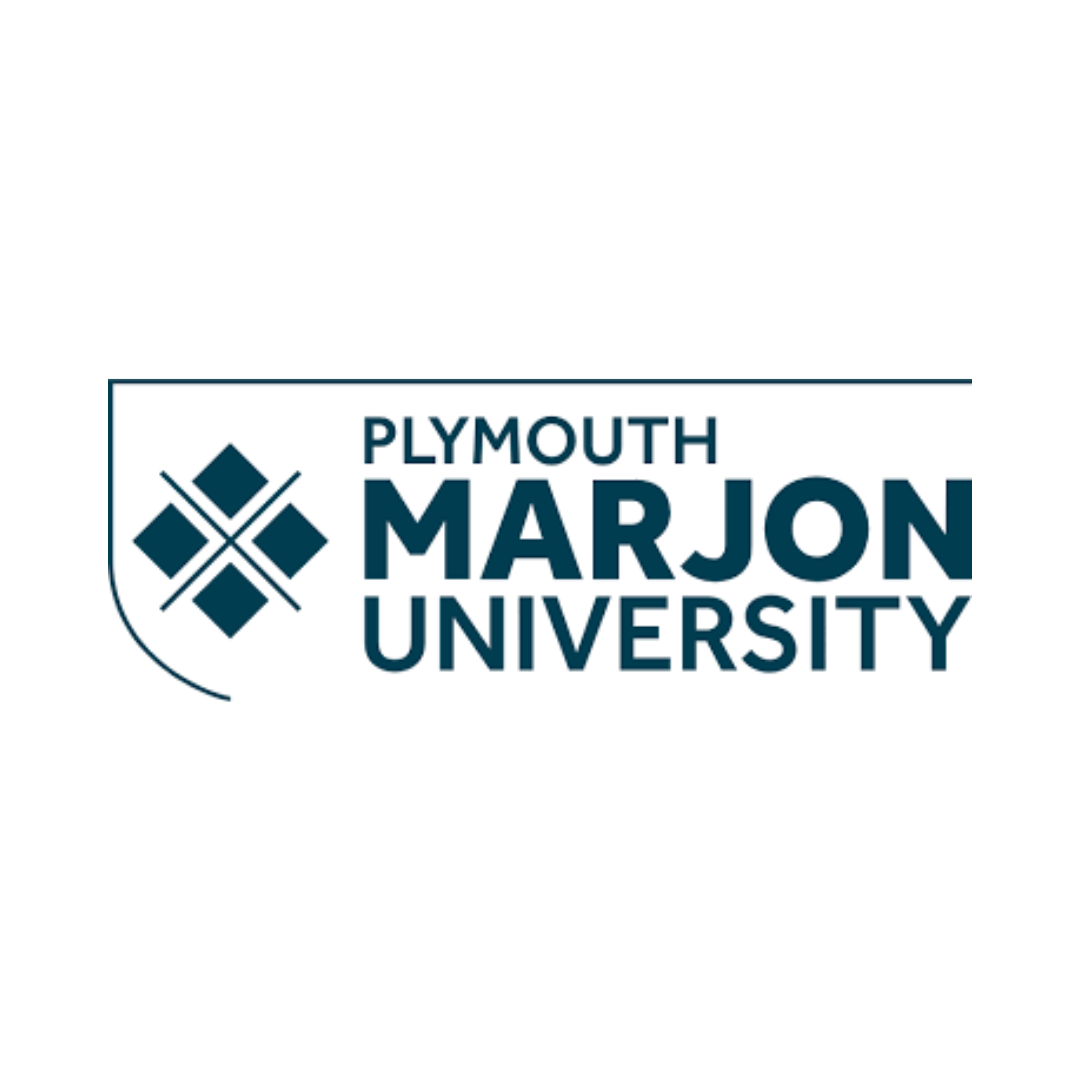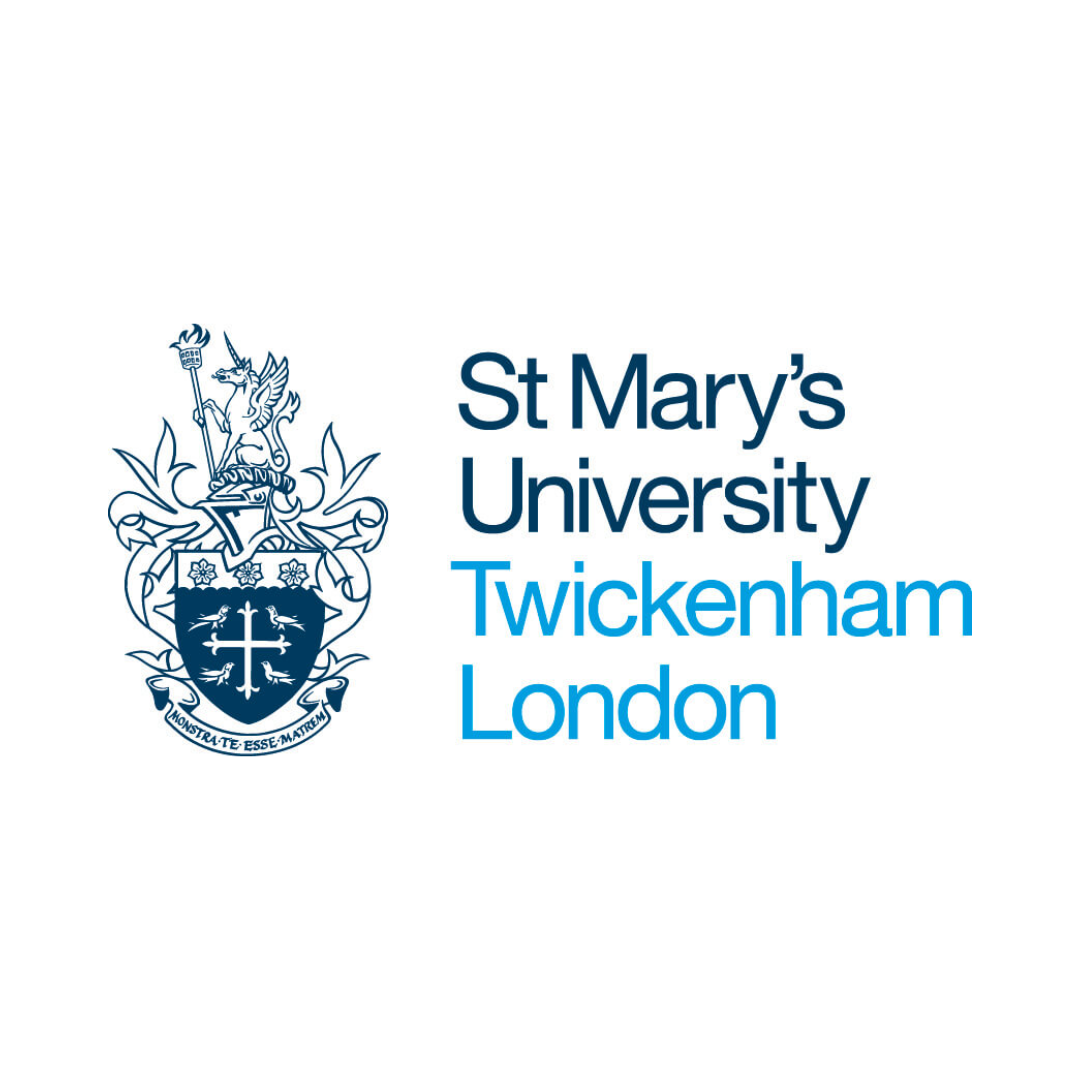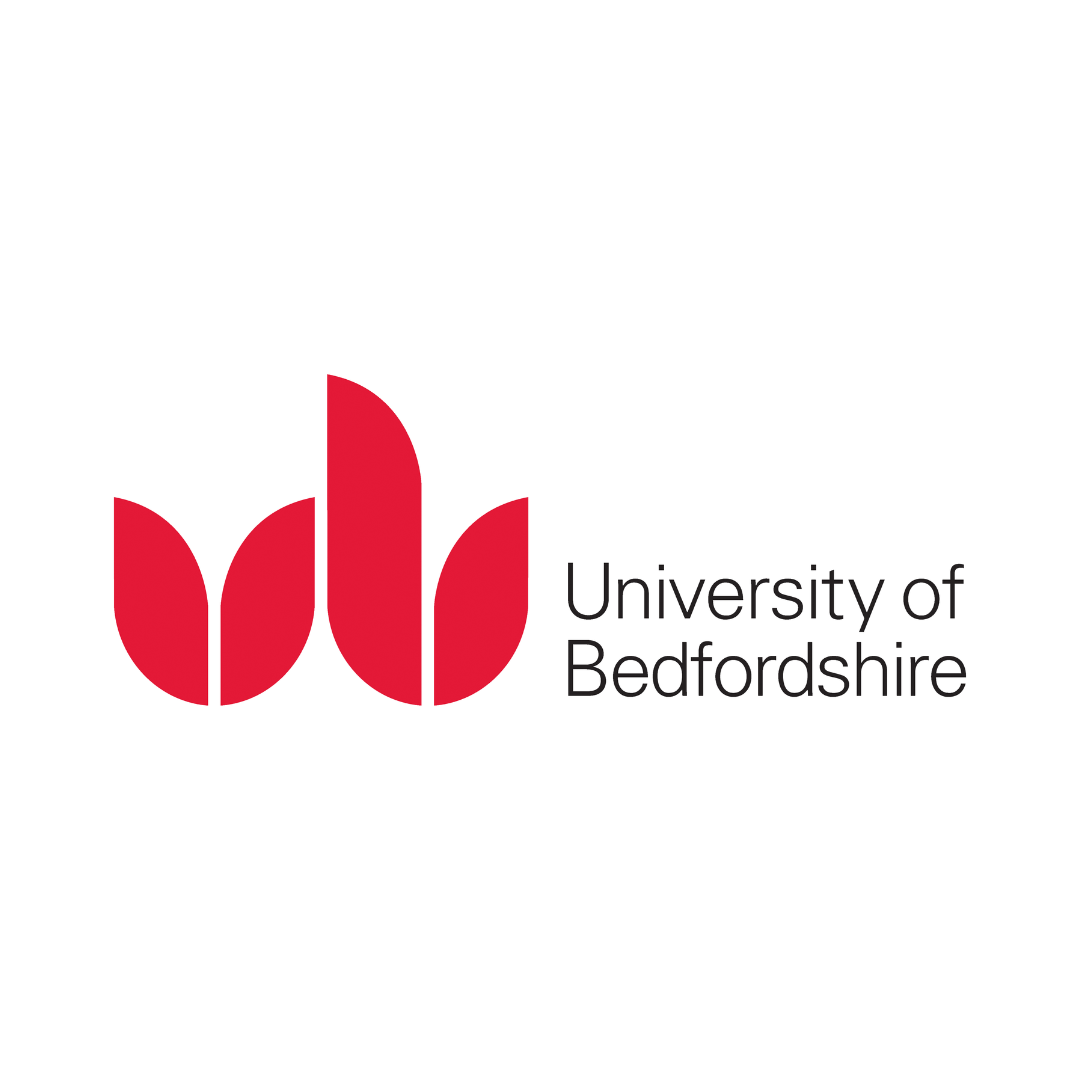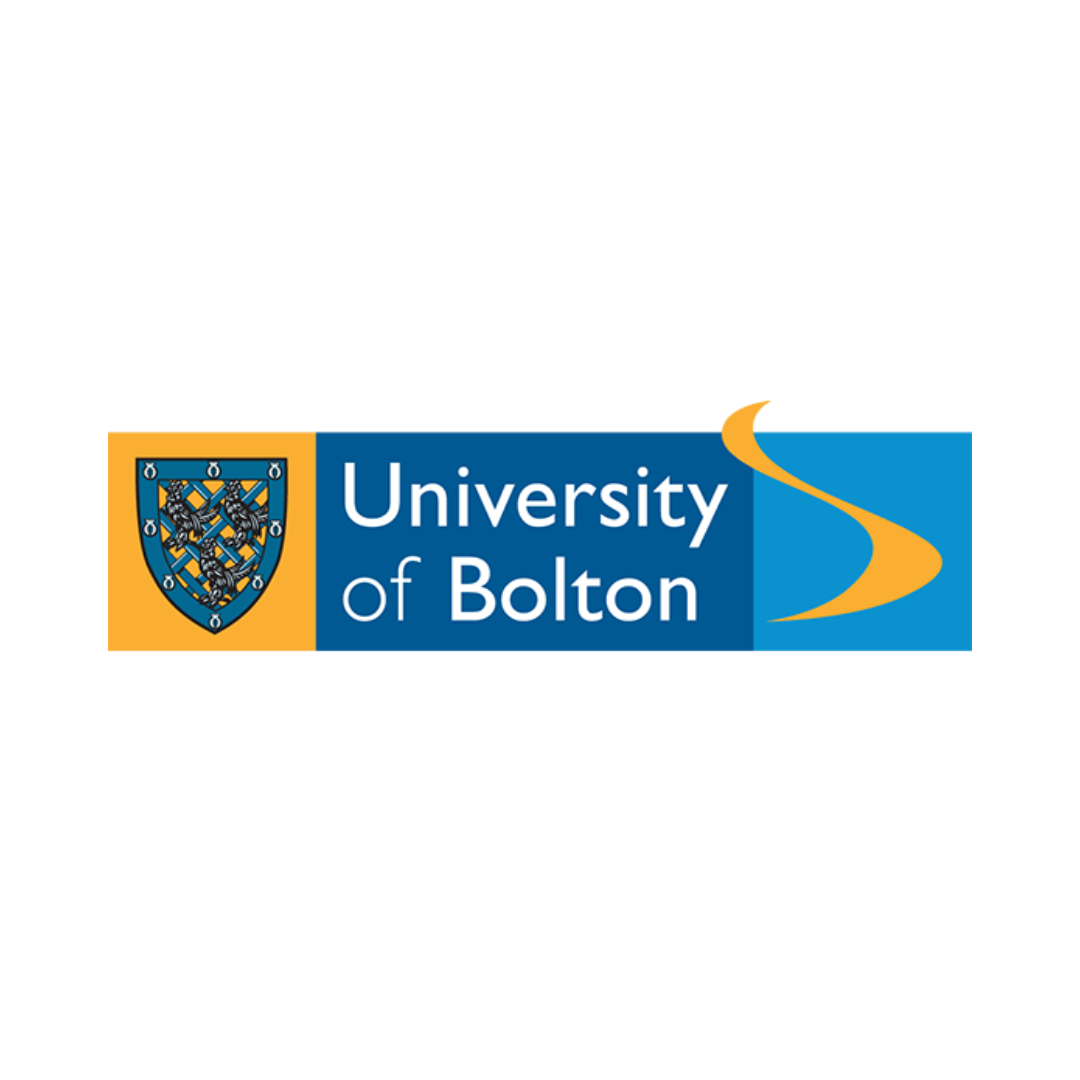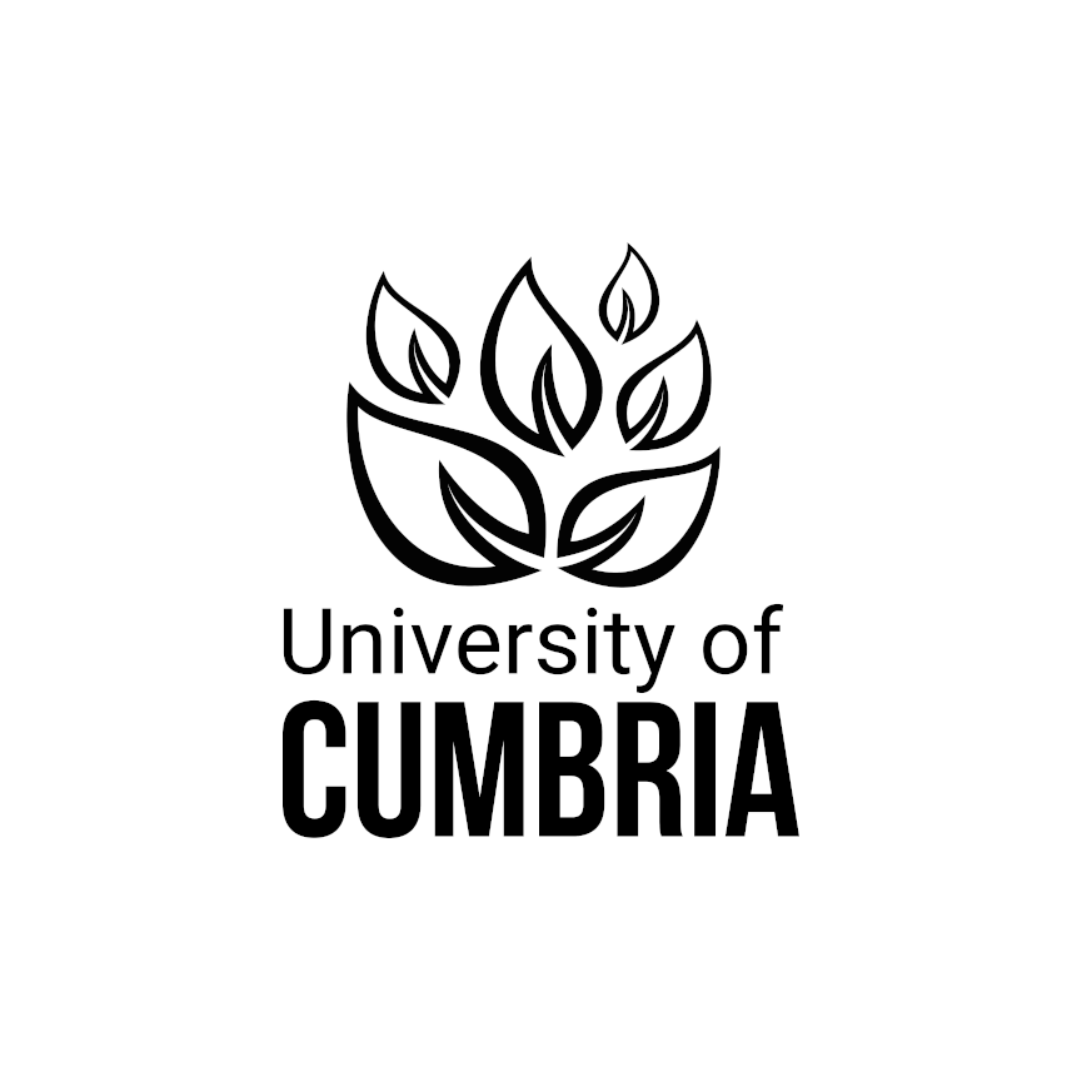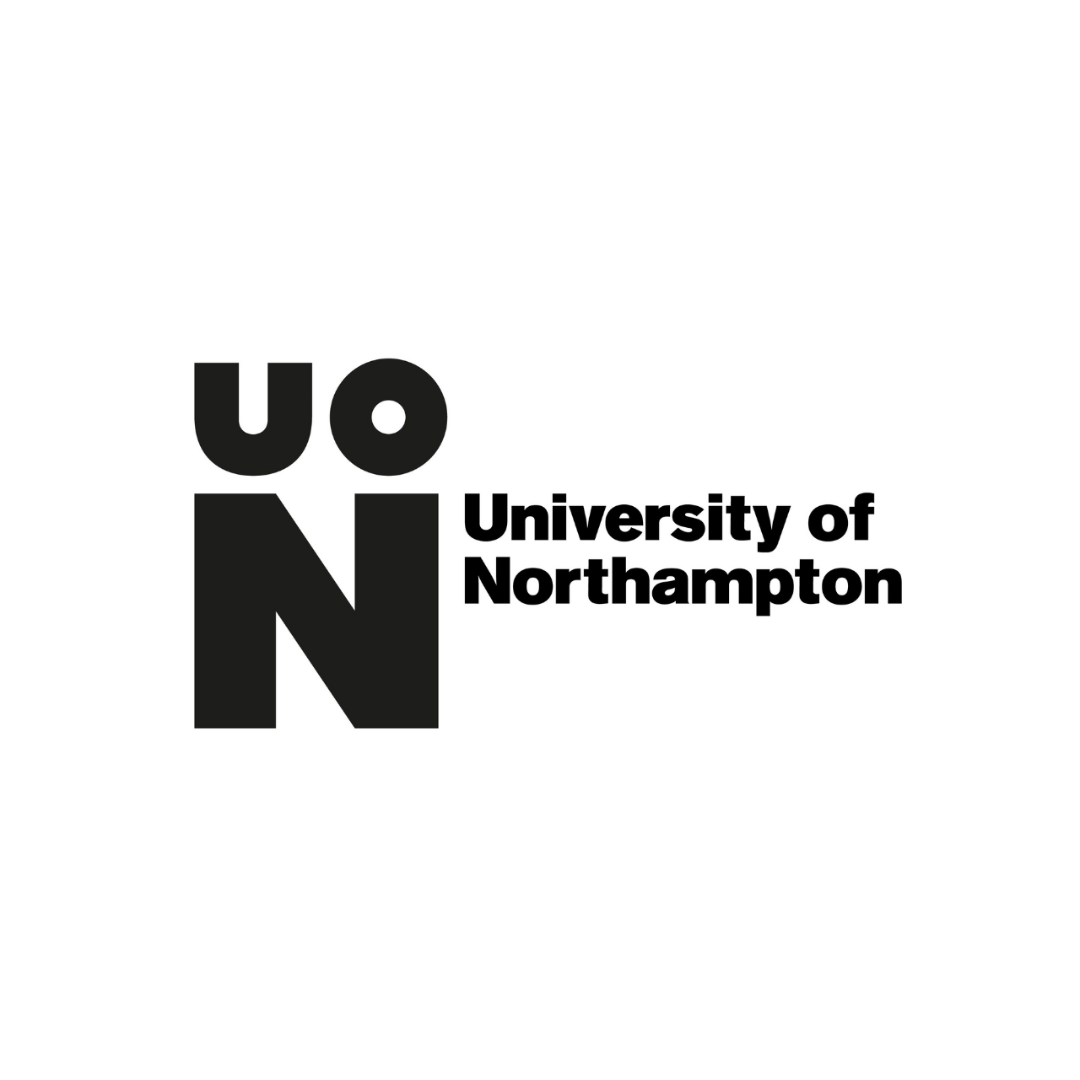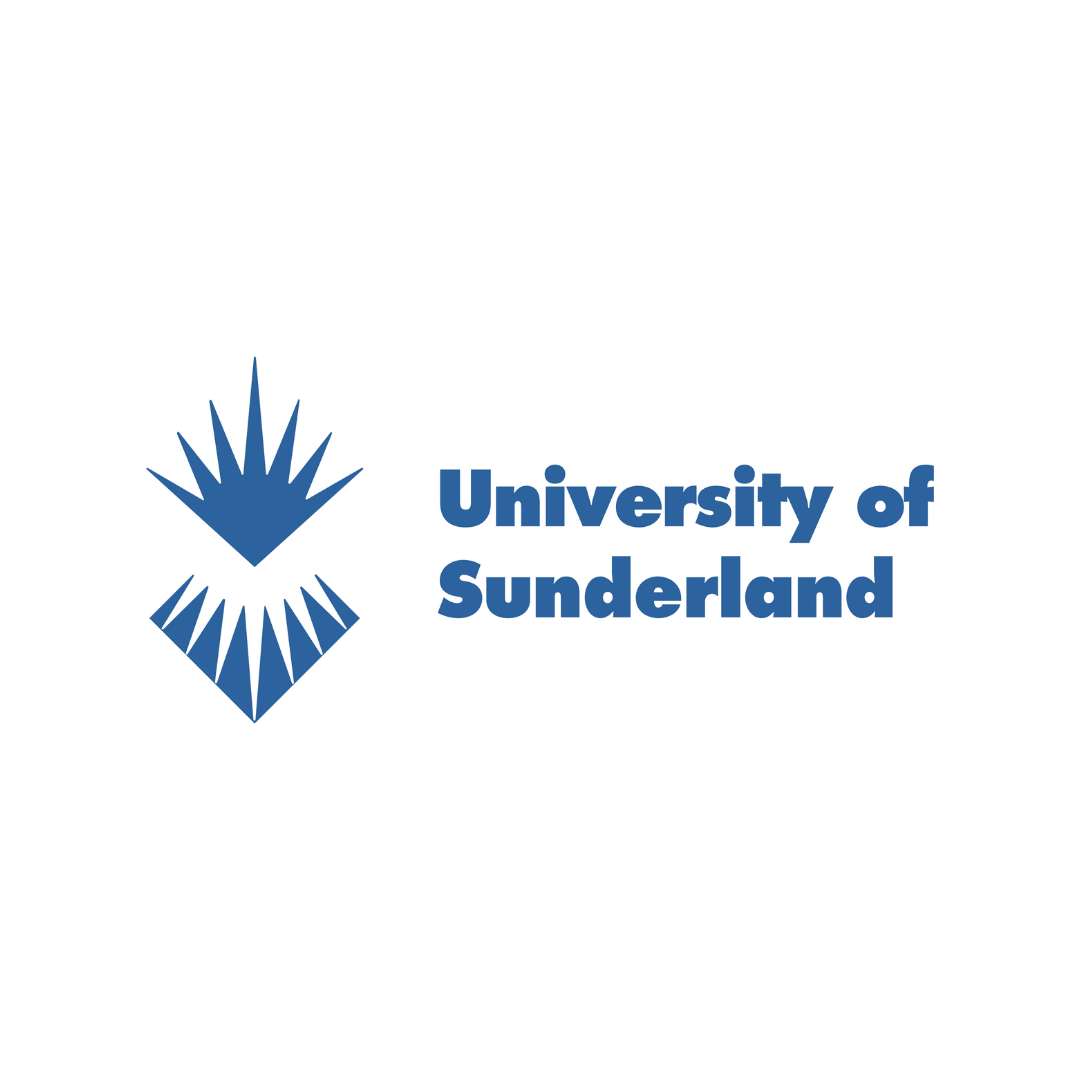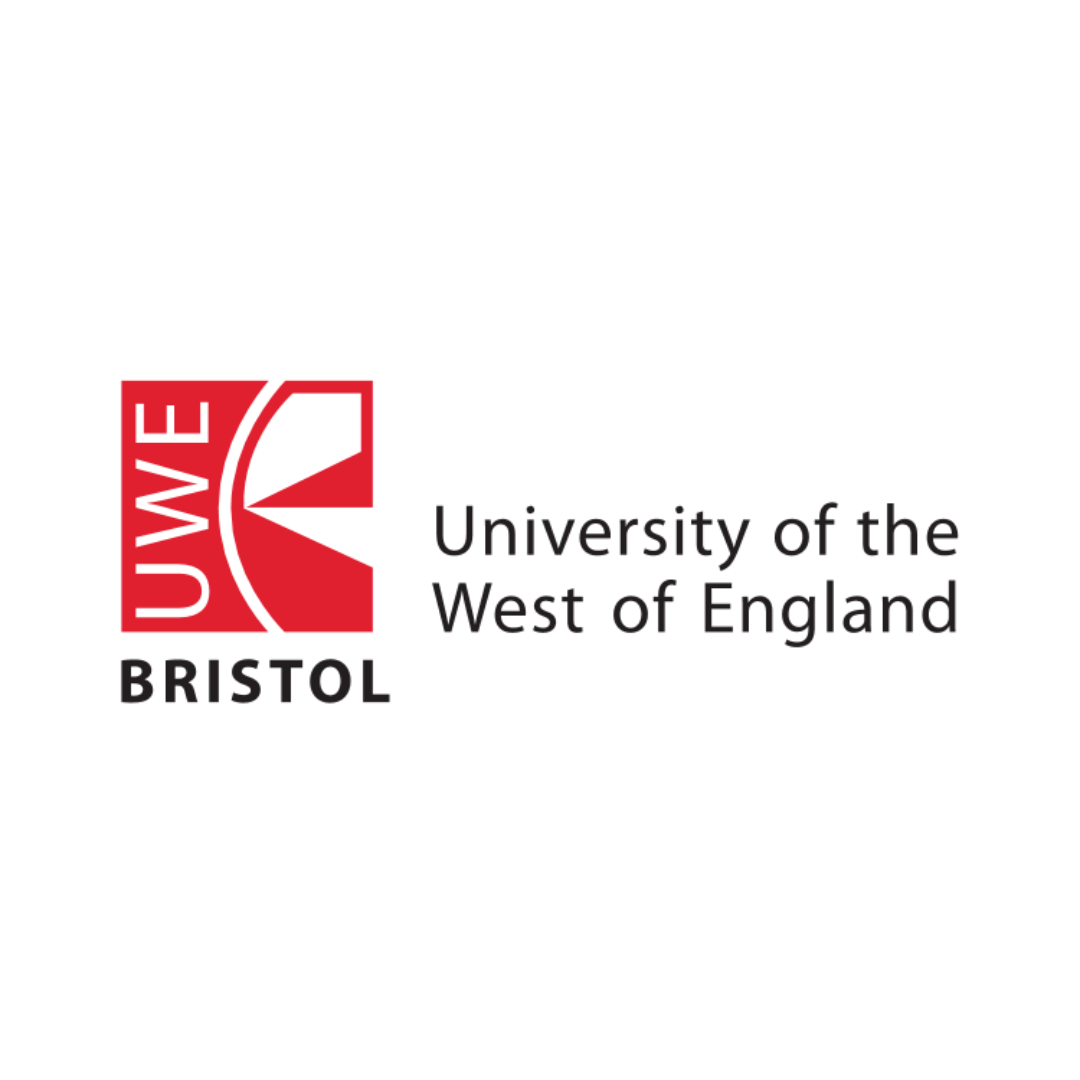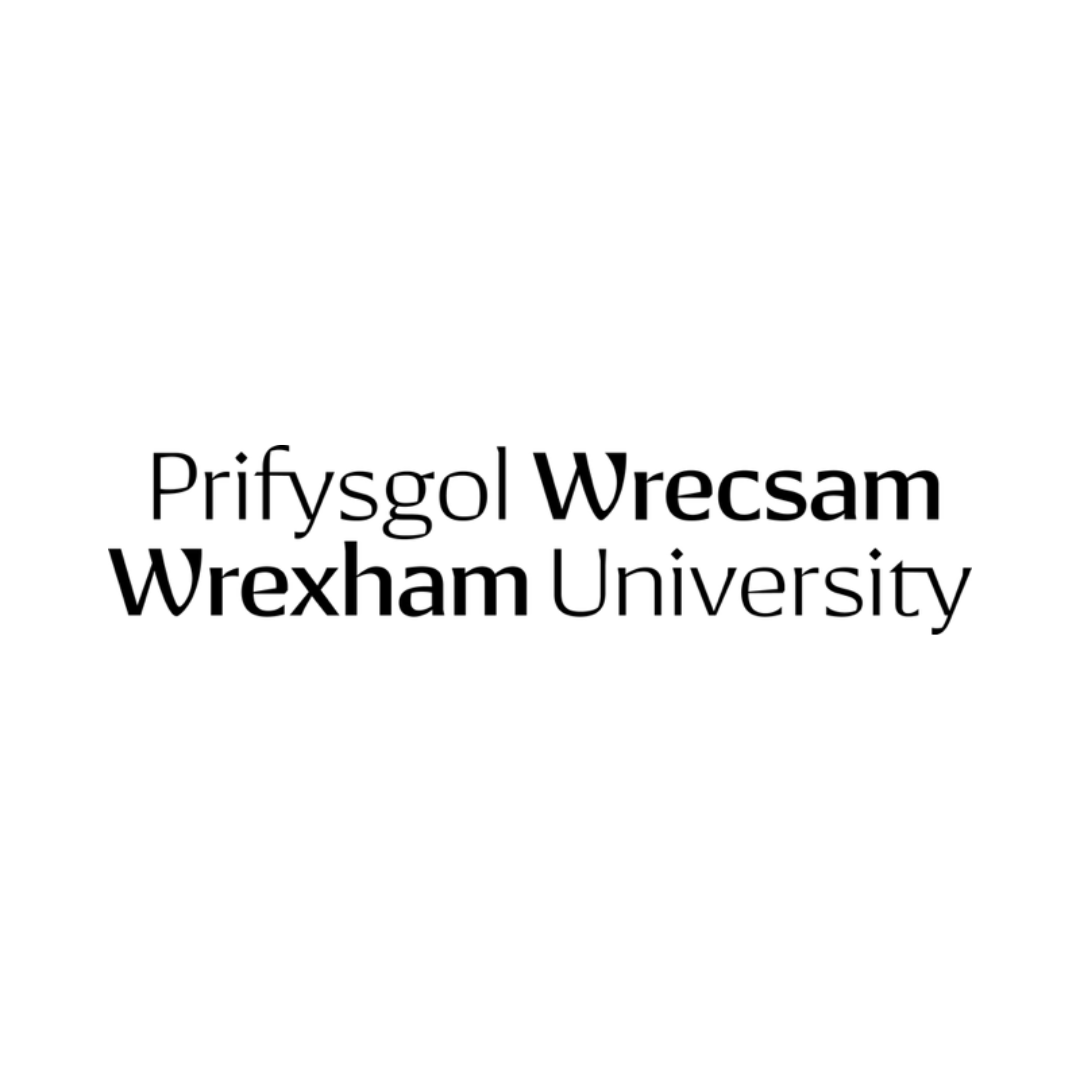Study Sport Rehabilitation
Study Sport Rehabilitation
Welcome to our student area where you can find out more information on becoming a Sport Rehabilitator.
A career in Sport Rehabilitation can provide exciting, stimulating and rewarding experiences. Sport Rehabilitators work in a wide variety of industries and sectors, from premier league clubs to working with Olympic athletes and with injured personnel within the MOD. There are a growing number of jobs in the NHS, making it a fantastic time to join the profession.
Check out our GSR case studies for a taster of what our graduate Sport Rehabilitators have gone on to achieve.
International Recognition
A łÔąĎĎÖłˇ accredited degree in Sport Rehabilitation gives you the ability to work internationally via the International Arrangement. Currently the partner countries are the US, Canada and Ireland and we hope to grow this in the future.
With a łÔąĎĎÖłˇ accredited degree you are joining an international profession.
Join a recognised and registered healthcare profession.
łÔąĎĎÖłˇ's register is accredited by the PSA (Professional Standards Authority), the UK's top healthcare and medical oversight body. Sport Rehabilitators on the łÔąĎĎÖłˇ register must adhere to a strict code of ethics, conduct and professional practice.
Learn how to assess, diagnose and treat a range of injuries and conditions.
Back, neck and spine pain - lower back pain, sciatica, disc problems and more
Pains and sprains in ankles, knees, shoulder, neck, groin, hip etc
Post-operative rehabilitation - (spinal, shoulder and knee surgery, joint replacements)
Total knee replacement rehabilitation
Achilles Tendinopathy
Cruciate ligament rehabilitation
Tennis elbow
Carpal tunnel syndrome
Bursitis
Injuries with an uncertain diagnosis
Post spinal surgery
Post trauma, including fractures
Chronic pain
Repetitive strain injuries
Help people recover and rehabilitate who have other healthcare conditions.
Osteo and Rheumatoid Arthritis
Cancer
Chronic Obstructive Pulmonary Disease (COPD)
Mental Health and Dementia
Cardiovascular Disease
Stroke
Heart disease
Peripheral artery disease
Hypertension
Obesity
Older Populations
Osteoporosis
Sarcopenia
Falls Prevention
Pregnancy
Living with Chronic Conditions
Student Membership
Become a student member if you are studying on undergraduate or postgraduate programmes in Sport Rehabilitation that are accredited by łÔąĎĎÖłˇ.
-
Option for malpractice insurance for massage (additional fee) giving you the option to earn or start your business while you’re studying.
Access to course listings, job ads and professional information in the members area.
Access the łÔąĎĎÖłˇ student conference
Access to łÔąĎĎÖłˇ clothing and products
National and International representation to promote and develop Sport Rehabilitation
Profile raising. Membership means we can continue to campaign on behalf of Sport Rehabilitators
-
Student membership is free of charge for students on łÔąĎĎÖłˇ accredited programmes.
Select log in/register from the main menu, create an account and complete the application form for student membership. Your application will be verified by our admin team.
-
Student members can obtain optional professional liability insurance to independently deliver sports massage. Students must provide evidence of completing the relevant degree module when submitting the application.
The application for insurance is made directly with the broker. You will receive details in your student membership confirmation email.
